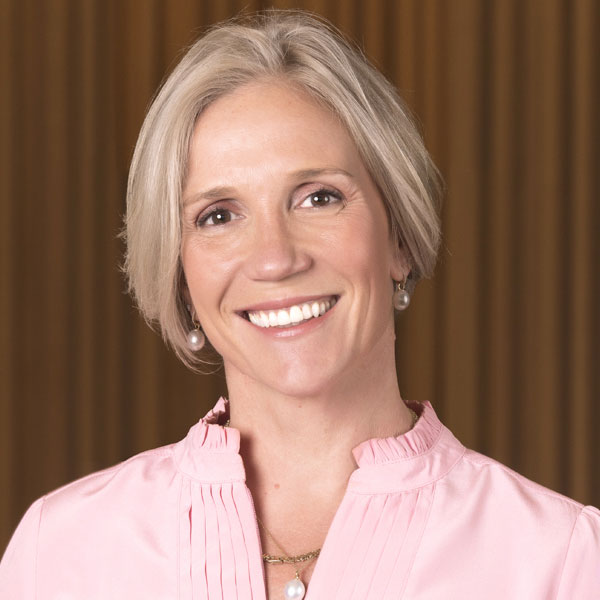In the wake of Donald Trump’s victory in the US presidential election, we share some analysis from portfolio manager Kirstie Spence on the impact on emerging markets, focusing on expansionary fiscal policy and potential protectionism/tariffs.
Overall, the impact of tariffs is complex and depends on how they are designed, when they would begin, and how long they are in place. If demand for imported goods is elastic, tariffs will reduce demand for these due to the rising cost, directly shrinking demand for those foreign currencies, which will likely weaken.
Trading partners that control exchange rates might let their currencies further depreciate to offset the effects of tariffs. Over the longer term, demand tends to become more elastic as consumers have more time to find substitutes and adjust their consumption habits.
An expansionary fiscal policy agenda could increase US growth expectations and attract capital flows into the US, thereby boosting the dollar. In the longer term, however, there are questions around how US debt-to-GDP and fiscal expansion will affect markets, and there would be an impact on overall levels of US yields and the shape of the curve.
A more erratic and unpredictable economic policy will likely have opposing effects on the dollar and thus emerging market (EM) currencies, but higher volatility looks likely. Arguments for stronger EM currencies include Trump’s open preference for a weaker dollar. He has remarked publicly that the US has a big currency problem and the dollar’s strength has harmed American competitiveness.
While the narrative may not look overly positive for EM currencies, there are reasons to remain constructive on the broader emerging market debt asset class. A clear and quick outcome is almost always a good thing, regardless of the result. Since the US election has caused policy uncertainty for businesses and investors for most of this year, overcoming this obstacle should enhance policy clarity, thereby decreasing volatility to some extent. The policy reality might also not be as strong as outlined during the campaign. During Trump's first term in 2016, the focus was initially on fiscal rather than trade policy. If this is the case again, we can expect stronger US growth from an expansive fiscal policy, which in turn is positive for EMs.
EMs have also come a long way since the last Trump presidency in 2016 and have become a lot more resilient and self-sufficient. They are also in better shape fundamentally with room to ease rates and support growth if needed. China, in particular, might deliver more fiscal easing, offsetting some of the headwinds from higher tariffs.
In local EM markets, valuations remain fairly attractive as central banks have been hawkish given internal price pressures and external uncertainty. This means that many countries, especially in places like Latin America, have room to ease policy to support growth if needed and as long as inflation is under control. They are also much less reliant on US dollar funding than in the past so should be more resilient.


